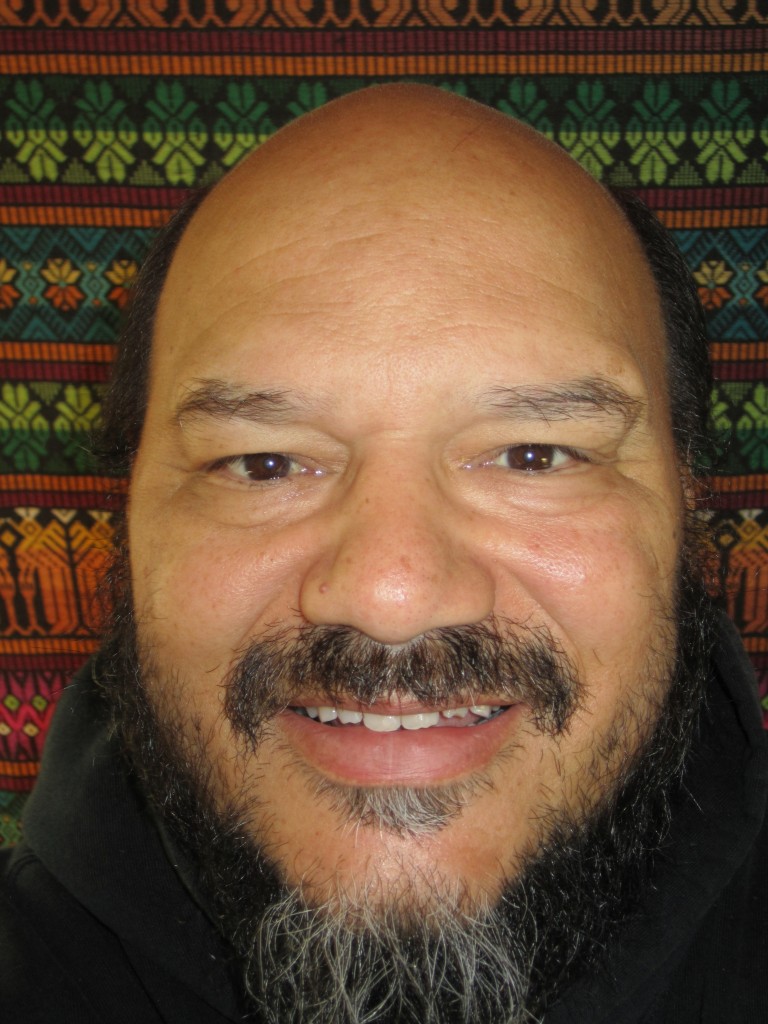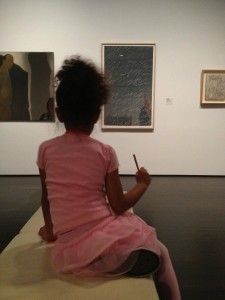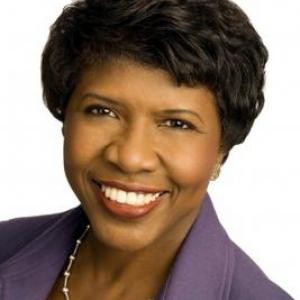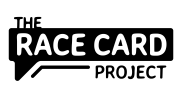 Peter M. Crowley,
Peter M. Crowley,
Martinez, USA.
The son of a disabled, white American Anthropologist from Peoria, IL and a dark skinned Trinidadian East Indian Headmistress, I learned at an early age about race, ethnicity, and identity. It has always fascinated me that given the United States own identity as a melting pot, that so many Americans still have such a limited view of who can and cannot be American. The most asked question I got growing up was “What are you?” I got asked it so many times, that I had a number of different answers ready depending on my mood. My favorite short answer was “a Californian”, which really is an unfair response since the person asking the question are simply trying to determine my race and ethnicity, and my answer would force the questioner to either rephrase the question, find a new question or give up. Often, the second question would be “Where were you born?”, and to this I would reply, “London, England” since my West Indian mother loyalty at the time of my birth was still to the British Crown, and I was born in London on the way to my father’s first fieldwork in Africa. This also didn’t answer their real question, “Where did you get your color?”
Today, when I am asked the question, I usually launch into a detailed family history lesson starting with my Mid Western father’s ancestry from Cork, Ireland and Bantzenheim, Alsace, France, sharing tales about the family castle leveled by the British in 1647, my Irish third cousins who are milk farmers outside of Cork or how my Germanic Alsatian ancestors became loyal Frenchmen before fleeing to the United States after the Franco-Prussian War. Eventually as their eyes slowly glaze over, I finally explain about where I get my color by finishing with my mother’s Caribbean Hindu ancestry. Gradually, I would share the story of my great, great grandfather who came to Trinidad on the second boat from India in 1845 as an indentured servant after slavery was abolished in the British Empire in 1838, how he spend 7 years, made his fortune, and returned to India, only to return to Trinidad after his family rejected his “casteless” wife, since she had been born outside of mother India.
Almost every summer growing up, my family would travel often overseas, and we were received and perceived differently wherever we went. In Eastern and Central Europe in the 70’s, people thought we were gypsies given our long hair and exotic clothing. In parts of Brazil, people often didn’t believe we were the same family given the wide range of skin color between my father, myself, my sisters, and my mother as a first generation mix. My poor mother was even mistaken for an Amazonian Indian given her small stature, long straight hair, and limited Portuguese vocabulary.
Our identities depend on a number of factors: How we perceive ourselves, how others perceive us, how we are integrated into or segregated from a society or community we live in. While race may always play a role in our identities, ethnicity, at least in American culture, ethnicity seems to be emerging as the more political correct way to talk about our origins, especially now that more Americans are looking into their family histories, and even exploring their ancient progenitors through DNA analysis.
Please feel free to contact me if you have questions about my post.
Peter M. Crowley







